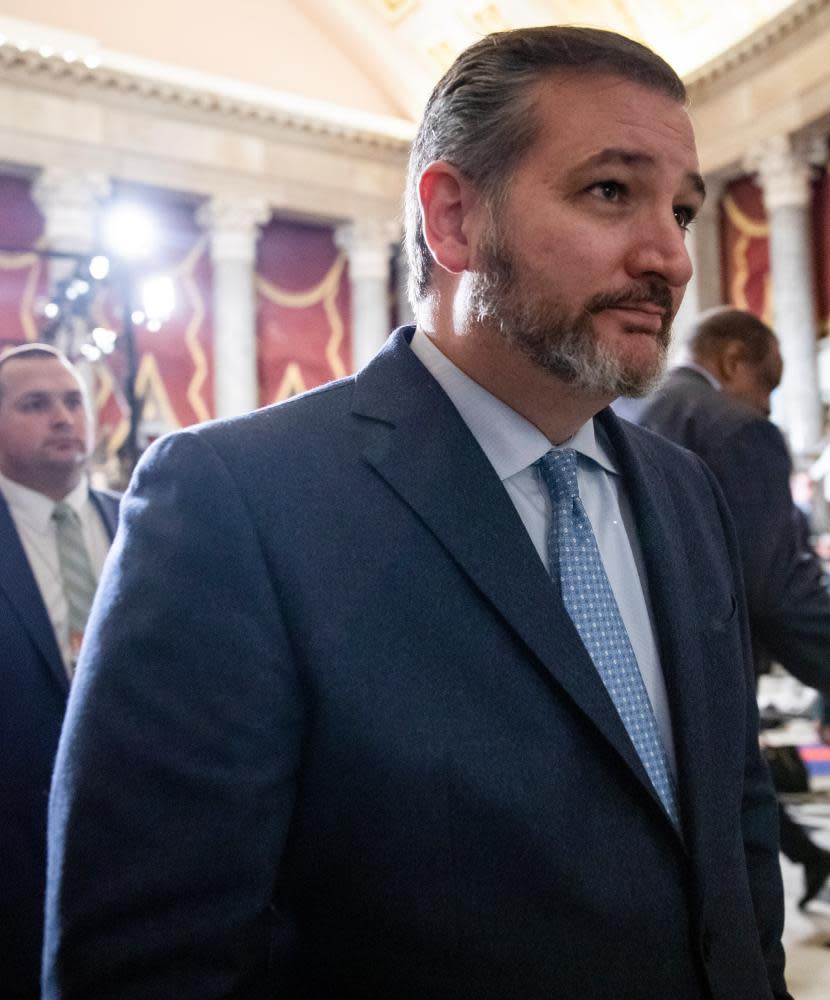Stubble in mind: what growing a 'crisis beard' represents
When is a beard just a beard – and when is it a “crisis beard”? US website Vox coined the phrase to define the moment when a man of a certain age has a moment of existential crisis, downs tools and ditches the razor.
First, there was Beto O’Rourke who, days before leaving the Democratic presidential primary, stopped shaving, went on to sculpt his growth into a Craig David-style shape before finally embracing full beardness
Then there was Justin Trudeau who, through his strong position against the US’s escalation with Iran, is going through a period of political maturation (not to mention a drop in popularity). He reappeared after a holiday in Costa Rica with a salt-and-pepper beard that eerily recalled his dad. No longer just a dude with funny socks, this time he meant business.
Or to put it another way, these men are “fully Lettermaning”. David Letterman, you might remember, quit his talkshow after 33 years and did two things: a) moved to the middle of nowhere, and b) promptly grew a beard. His sightings got weird and erratic (an interview given to the Indianapolis Monthly? Sure!) and his hirsute appearance made him the Yeti of Hollywood.
He explained his new whiskers (to the Whitefish Review): “Everybody hates it. My wife hates it. My son hates it. But it’s interesting. I’ve kind of developed a real creepy look with it that I’m sort of enjoying. And I can tell that people are put off by it. And the more people implore me to shave, the stronger my resolve is to not shave.”
Which was brilliantly self-aware, rebellious and a teeny weeny bit cry for help. Indeed, he reflected later with GQ after his beard went viral in 2017: “I think there’s a bundle of emotional manifestations with the beard that I have not yet been able to fully examine. It’s almost a signal that I don’t do what I used to do … because I got so sick and tired of seeing myself with a coat and tie: Mr Jackass on TV.” The facial hair as a visual show of introspection after a big life change is key here (see also: Sylvester Stallone, ditching his hair dye to embrace his greyness, but still denoting his virility via a beard).

“The beard has shades of a comfort blanket,” says Jessica Punter, former style and grooming editor of British GQ. “It’s closer to ‘letting your hair down’ than a ‘new me’ makeover.”
There is plenty of precedent for men semaphoring change through facial hair: Al Gore grew a beard after he conceded the 2000 election to George W Bush, as did Ben Affleck when he broke up with Jennifer Garner and Ted Cruz turned up with one last year.
The facial accessory came of age in the noughties. The emergence of both startup culture and hipsters brought it into the mainstream. Significantly, it also became popular after the financial crash of 2008. “It represented a return to comfort and tradition,” says Punter.
We anxiously await the Brexit beard.


